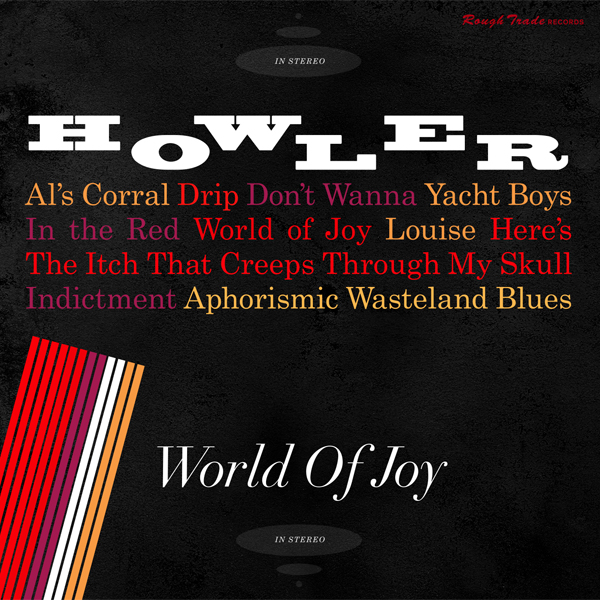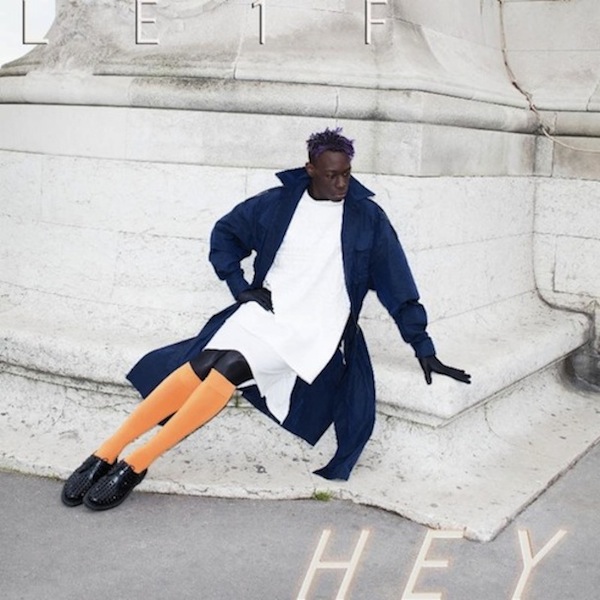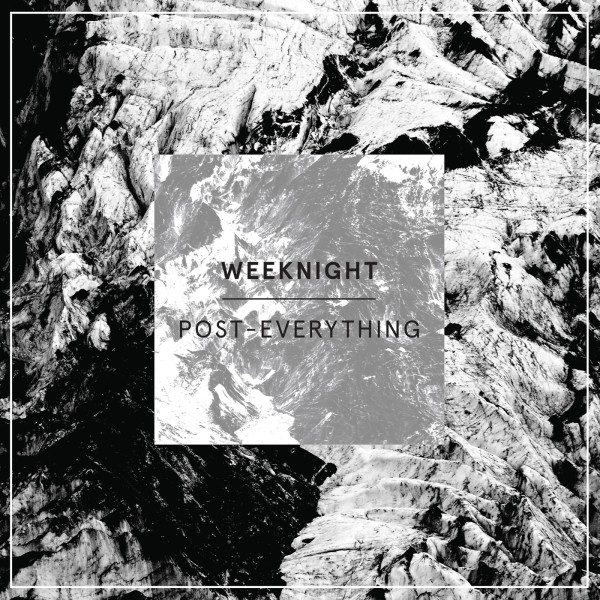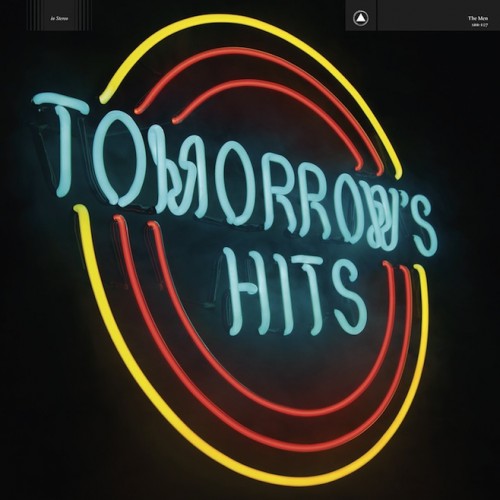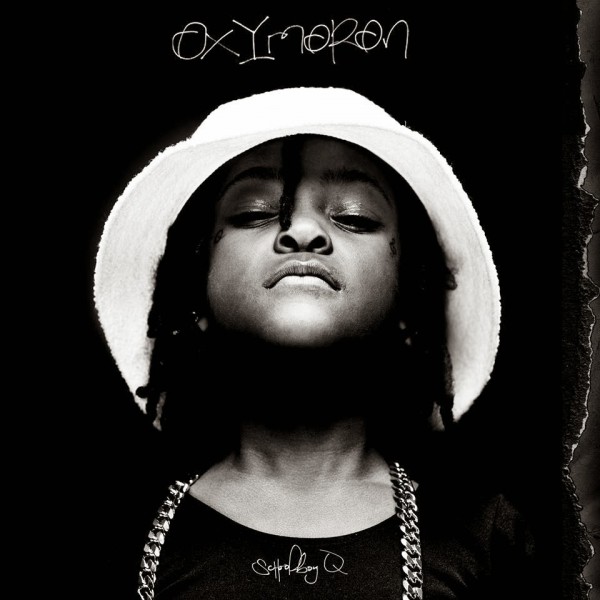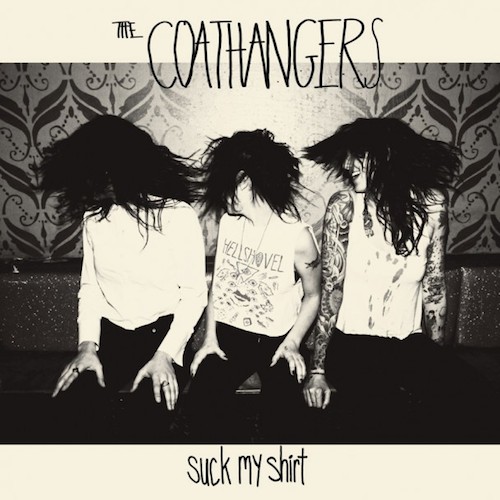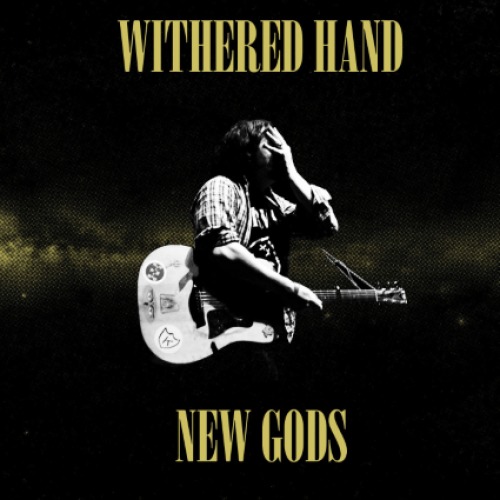 Withered Hand – New Gods
Withered Hand – New Gods





Sharp-tongued, hazy like a wavering mirage, and touting honed wit, Dan Wilson returns with the sparkly New Gods, his first release as Withered Hand since 2009’s Good News.
Cleaner, more streamlined, and a tad less cockneyed than he let across on Good News, New Gods doesn’t oversee a strikingly different territory than its full-length predecessor, but paints a more reflective and thoughtful image of the wordsmith behind all the witty phrasing and charming–if not a tad frustrating–contradictory sentiments.
Wilson spends a good bit of breath on New Gods constructing what feels like a more jaded persona than the one we met on Good News. “Though I try and I try it’s not real to me/This life is not what you thought it would be/I put my hand in my pocket and forgot about the travel pussy/Another flower on the coffin of monogamy,” he strains out in a mouthful on “Love Over Desire.”
Earlier in this same track, Wilson deals with a seeming hesitation about leaving, as if he is ironically chanting the song’s title over its chorus, reveling in a reality he feels is unavoidable, one that overshadows the idealist in him who wants love to tower over doubt.
Moments like this reveal a shift in perspective on New Gods that shows Wilson has gotten on a few years in his mind.
There’s a very gaping kind of quality to the entire album. Wilson stretches his voice earnestly in a mirroring of Neil Young’s timbre melded with some time spent in a lower register, lightly reminiscent of Kurt Vile or James Mercer in his fuller moments–especially on “Black Tambourine.”
Passages like the beachy verses in “Fall Apart” call to mind a lax, Built to Spill range of sound. They inspire a pleasurable agoraphobia, drawing the listeners toward thoughts of country roads, empty fields, and wild expectations: “Come on come on/I’ll fall apart…you said it’s nothing but to me it felt like everything aligned/Put your hand in mine/I’ll still remember the first time,” he chants on the upbeat but nostalgic chorus.
On the opener, “Horseshoe,” Wilson shows his familiarity with crafting ambience and making his sometimes run-of-the-mill progressions and melodies pop out to a more memorable degree than they might in a less fleshed out recording. The allusions to death, boxing, and confronting what we want to run from packs this track with one of the biggest punches on the album.
The majority of songs on New Gods are mostly sweet to the ear and manage to stick, even if their hooks aren’t completely apparent or groundbreaking.
“I could get behind you/and in the morning we’d be mourning our youth/Sometimes it doesn’t do to do,” Wilson pines on the album’s title track. And later, “New gods for this ungodly man,” a proof of transition? Or another observation of lost innocence, a sad reflection? These contradictions seem natural, and Wilson’s allows us to wonder but primes the listener for either answer to be true.
On “New Gods,” Wilson grants himself a little more rope to skirt the melody vocally, stretching his phrasing and delivery to color the tune while a twangy, single-note guitar plucks along, tracing the melody that his words pleasantly skim across.
This kind of syncopation helps bring a roundness to the recordings; the backing players and arrangements thicken the simple songs. Where Wilson’s harmonies might come off a bit colorless, the coppery-folk tone lent by the harmonica on “Life of Doubt” or by the horns on the ending of “Between True Love and Ruin” pull the tracks up by their boots so they don’t lull so much.
New Gods comes across as a fully-formed follow-up record that exhibits change and growth in the artist behind its conception. Fans of Wilson’s solid brand of alternative-folk will be pleased to hear the mantles of greats like Neil Young or Van Morrison upheld reasonably well in this introspective sophomore effort, but for many, the record could require some time for growth.
Withered Hand – New Gods tracklist:
- “Horseshoe”
- “Black Tambourine”
- “Love Over Desire”
- “King of Hollywood”
- “California”
- “Fall Apart”
- “Between True Love and Ruin”
- “Life of Doubt”
- “New Gods”
- “Heart Heart”
- “Not Alone”
